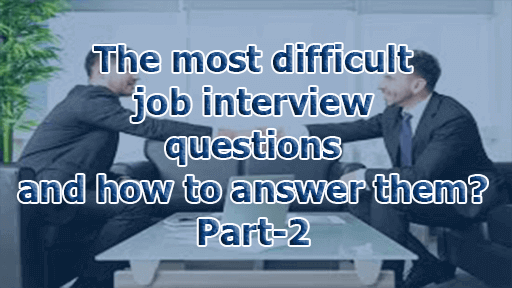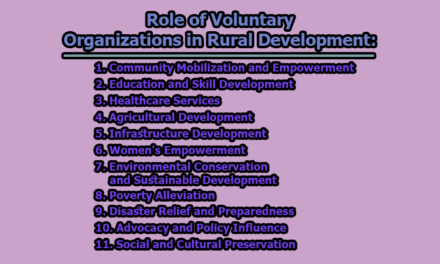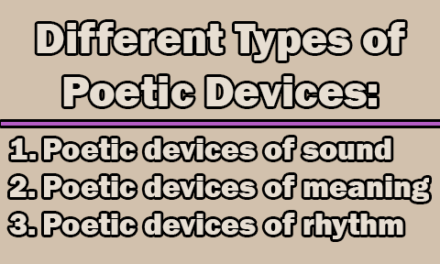This is the second part of a two-part lesson. In the previous lesson, we discussed about seven of the easier and more basic job interview questions. In this lesson, we are going to discuss seven more difficult job interview questions and how to answer them.
Let’s get started with the lesson:
- Question Number One is, “what is your biggest weakness?”
The dreaded question, do you turn it into a joke and say something like, chocolate. Do you answer really honestly? Or do you use it as another opportunity to show off? What your interviewer is really trying to do with this question is judge of self-awareness! and your honestly! and also screen out any red flags!
Let’s start with you definitely shouldn’t say, “I don’t have any weakness.”
No one wants to have someone deluded or arrogant in the office. Other big no-no’s included, “I can’t meet deadlines.” Or “I have a temper.” That makes you should like a liability or ever a lawsuit waiting to happen. One cliché that you shouldn’t say is, “I’m a perfectionist.” Everyone says it and nobody believes it anymore. You absolutely must not lie. Employers want to see that you can reflect and improve. Think about something that you aren’t particularly strong at but could easily improve.
For Example; in my previous role, I could have been better at delegating tasks. Or I’ve never felt completely comfortable talking to large audiences. It’s sometimes that I’m actively working on. I still get nervous but I can handle it, and I don’t feel like it holds me back.
- Question Number Two is, “what are your salary requirements?”
This question is frankly horrible and puts you in an awkward situation, but you need to be ready for it. You need to carry out research on websites like Glassdoor to get a rough idea of what you should be expecting. You could also see if you can get any insider information from the recruiter or from someone else in the industry. You need to state as high a salary requirement as you can honestly and reasonably justify but also say that you are flexible and negotiable. Chances are the interviewer already has budget and will negotiate with you at a later date. So you need to leave room for that negotiation. If you state a salary requirement that is much lower that what they might be willing to pay, you are cheating yourself out of proper compensation. If you walk into an interview without clear idea of what you want to be paid, then you are going in unprepared. So make sure you think that about this question in advance.
- Question Number Three is, “do you have any questions for us?”
Remember, that an interview isn’t just about the interviewer seeing if you are a good fit for the company, you also need to use it to see if the company is a good fit for you. You absolutely need to go into any interview with a handful of questions. And also try and develop some questions throughout the interview itself. Here are some great questions that you could ask. In the majority you should use the conditional. What would my day be like –
- What would an average day look like in the company?
- What projects are the team working on at the moments?
- What sort of budget would I be working with?
- Is this a brand new role?
- How would I be trained?
- What’s the performance review process like?
- What’s your favorite part about working here?
- Who would I be reporting to?
- What’s the company culture like? and
- What is the next step in the interview process?
- Question Number four is, “why was their gap in your employment?”
This is a hard question, but you can understand why an interviewer would want to ask it. It definitely raises a red flag for them. The most important think that you can do is, be honest! Never be tempted to extend your period of employment in a previous position just to cover up the gaps. There’s every chance that the interviewer will call your previous employees to verify your time there. Instead, follow these six tips –
- Don’t overshare! They don’t want to know the details of your personal problems.
- Offer a simple explanation! Don’t be too mysterious, just say one or two sentences about why you look time off and what you did.
- Talk about new skills you develop in your time off. Volunteer work, courses, reflection time, did you have a baby, talk about the soft skills which include communication, adaptability, problem solving and critical observation.
- Emphasis that you are sure that you now want to work again.
- Be confident! Don’t downplay what you achieved. You shouldn’t feel embarrasses about time off. And
- Move on! There’s no need to dwell on it. Try and move the conversation gently on.
- Question Number Five is, “can you tell me about a time when you disagreed with a decision made of work?”
The interviewer is really asking about your communication skills with this question. Disagreements do happen, it’s what you do when they happen that says a lot about you and personal skills. They also want to see that you maintain good relationships, so this definitely not an opportunity to talk badly about your previous workmate and bosses. You do need to prepare a specific situation and this will be different for everyone. Do not lie as again, they might bring it up whilst talking to your references. Some tips are, that you –
- Answer the question in a positive way, even if it was difficult disagreement.
- Discuss how this situation will help prepare you to handle disagreements in future.
- Don’t be afraid to admit that you were in the wrong, if that’s what happened. The ability to admit that you’re wrong is a good skill to have. Also,
- Don’t pretend that you’ve never had an agreement at work. This makes you look like a yes man.
An example answer is, I once disagreed with my boss over some advise he was giving to a customer. Rather than the question his authority in front of everyone, I talked to him in private. I was open and honest about the problems I had with the way he wanted to do things. It turned out there was just this simple misunderstanding and my boss was actually correct, but he was glad that I spoke to him as I then understood where he was coming from the future.
- Question Number Six is, “why are leaving your current job”? Or even more difficult to answer, “why were you fired? This question is more about what not to say.
- Never-bad-mouth your boss specially if you were fired. It’s all the more reason for them to context and question your previous employer.
- Don’t say that you had a fight with a co-worker, and definitely don’t try and blame them for it. If you couldn’t get on with your old workmates, who’s to say that you’ll get one with new ones.
- Don’t make it sound like money is the only thing you care about. Instead, you could say, I didn’t feel like there was an opportunity to grow or advance further in that role, so I decided a change would be best for my career.
- Don’t sound too impulsive! They’re investing in you for the long term. And they want to minimize their staff turnover. They’ll be hoping that you stick around for a long time.
- Don’t be too vague or illusive. If you look like you have something to hide they might find you untrustworthy.
So what should you say if you were made redundant. The most important thing is to be honest. You could say, my position was eliminated and I was made redundant. Layoffs happen, you can be specific about why, because it wasn’t your fault. Just remember to not bad mouth the company. What about if you were fired? Well I recommend that you tell truth and come clean. It’s not worth lying and getting caught later when they check references. Even if you get hired at the position, if they even find out you lied, it is grounds for termination.
- Question Number Seven is, “are you interviewing with any other companies?”
This is tough question. They want to see how popular you are as well as finding out the supply and demand in the market. They might also want to predict what sort of salary you might be offered at completing firms. My advise is to link it back to the company.
For example; you cold say, I’m in the beginning stages of my job search. I’m attracted to position that require keen analytical skills.
In fact, what I like most about this opening is, and then you can say something about the specific role. If you’re already in serious talks with another company, you can mention that but it can both benefit and disadvantage you.
So now we have discussed all of the most common job interview question and how you should answer them. Please feel free to share your model answers in the comments down below and you can use each other as inspiration. You can also provide constructive criticism and feedback when the person asks for it.

Library Lecturer at Nurul Amin Degree College










